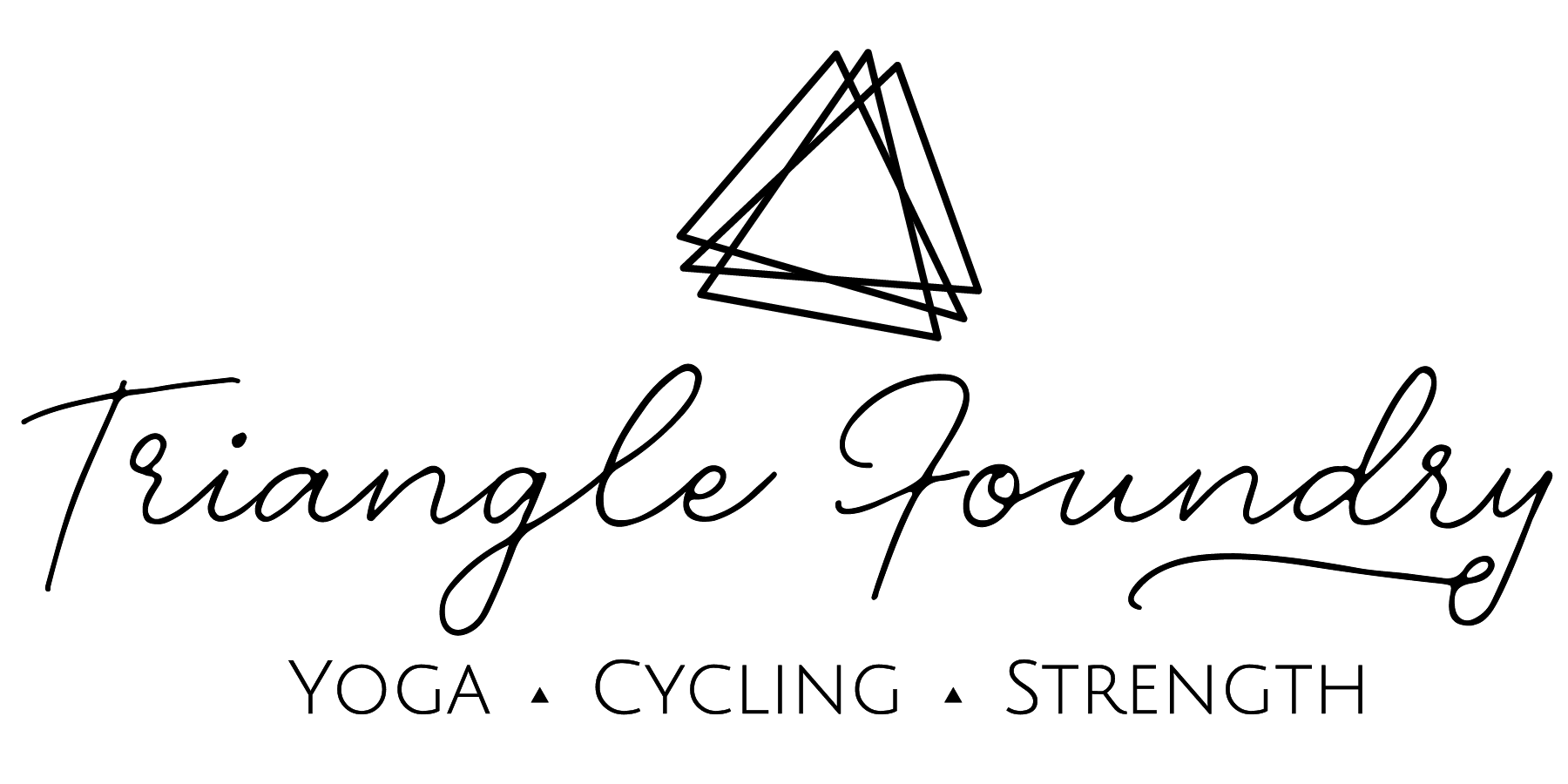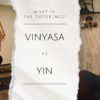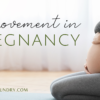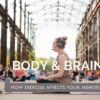Start your New Student trial and check out our weekly Sunday Yoga for Flexibility (yin) and Deeply Relax Yoga (restorative) classes each week for 3 weeks.
Restorative vs. Yin: Slow but not the same
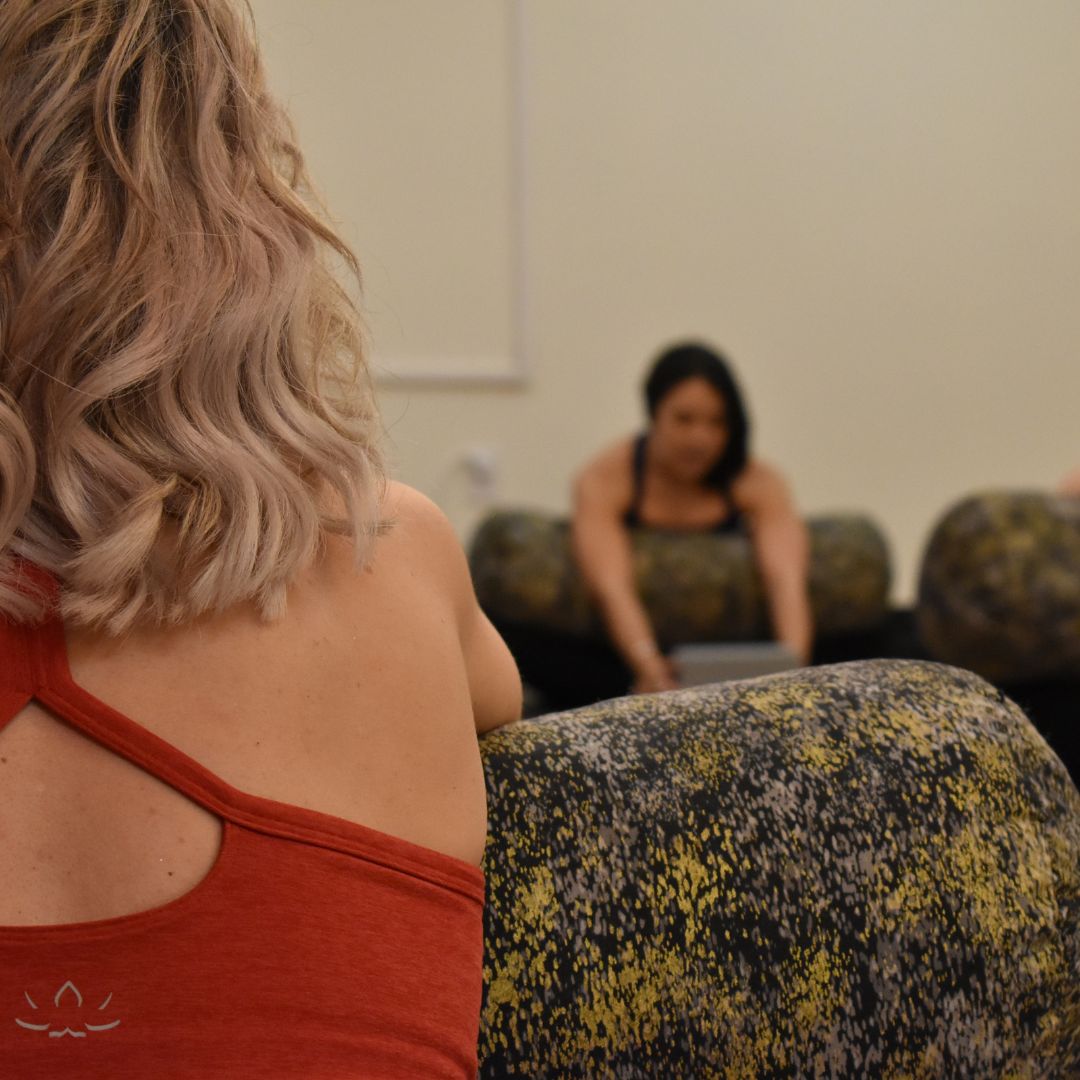
You may have heard of yin and yang. The balance between fast and slow, light and dark, intense and calm. So when you see that a studio offers a Yin class, you may think “Well, that’s a restorative class, of course! It’s a calm practice where you move slowly. Right?” Not necessarily.
Yin and restorative, though both beautiful practices for finding the balance in our hectic life, have two very different focuses and come from different lineages. Before we get into the specifications of each practice, let's take a moment to talk about the roots of these relatively new practices in yogic culture. Though yoga was initially developed in Northern India over 5,000 years ago, both yin and restorative have only found their forms in the past 50 years from different practitioners.
Restorative yoga is based on the work of B.K.S. Iyengar, and was founded by his student and co-founder of Yoga Journal, Judith Lasater, in the 1970’s. This form of yoga was created as a way to restore quality of life for those experiencing illness, exhaustion, or other stress related conditions. In Judith’s words, "We work very hard in our lives, and while we may sleep, we rarely take time to relax. Restorative yoga poses help us learn to rest deeply and completely."
Yin yoga stems from the traditional Hatha yoga lineage and was founded by Paulie Zink in 1990. Paul combined the knowledge he had been given on anatomy, Daoist Yoga, and the Traditional Chinese Medicine meridian theory into the core of his Yin Yoga teachings. He was joined by Sarah Powers in creating Yin yoga to help others open up the fascia (connective tissue) to improve flexibility and mobility through long holds and to be a stark contrast to the more dynamic movements of hatha and vinyasa.
So, with Restorative being about deep rest and Yin being about connective tissue and flexibility, what do these different yet slow yoga classes typically look like?
Restorative:
- Postures Are Held For 5-20 Minutes with many props.
- Promotes deep calm and relaxation - some people even doze off!
- Focuses on the release of mind-body tension.
- Aids in bringing the nervous system into a state of rest and digest, which can help to boost the immune system.
Yin:
- Poses are held around two to seven minutes with multiple props to keep an active pose.
- Focuses on stretching your connective tissues in order to lengthen and help release built-up tension.
- Works with the energy meridians in your body to increase flexibility, improve joint mobility, and release stored trauma in the body.
- Use the 80% rule - You will go to a place of resistance that feels yummy and breathe into it allowing yourself to get deeper. If you go straight into 100% resistance, you can injure or overextend yourself.
Similarities:
- Both forms use a lot of props, though it’s important to note that they’re used in different ways. In Yin, they are used to support the body based on levels of flexibility as you get deeper into the pose. In Restorative, they are used to support the body for full release and relaxation.
- Both are appropriate for all levels of students: from total beginners to experienced practitioners to athletes and seniors or even people with injuries and movement limitations.
- Both can help bring a meditative balance to a busy lifestyle and mind.
The best bet would be to try both styles and see when the different classes fit best into your routine. Maybe you have been doing a lot of strength and cardio lately and would like to make sure you’re getting a whole body workout. Yin would be best to get into the connective tissues that support your muscles and bones. Maybe you’ve been moving non stop and don’t know how to let yourself rest. Restorative is a great choice for this. Maybe your body seems to be holding a lot of tension both physically and emotionally.
Both classes would be a great choice! Overall, both can aid overall balance, health and wellbeing just in different ways. Choose your vice and enjoy the beauties that slow, intentional movement can bring.
